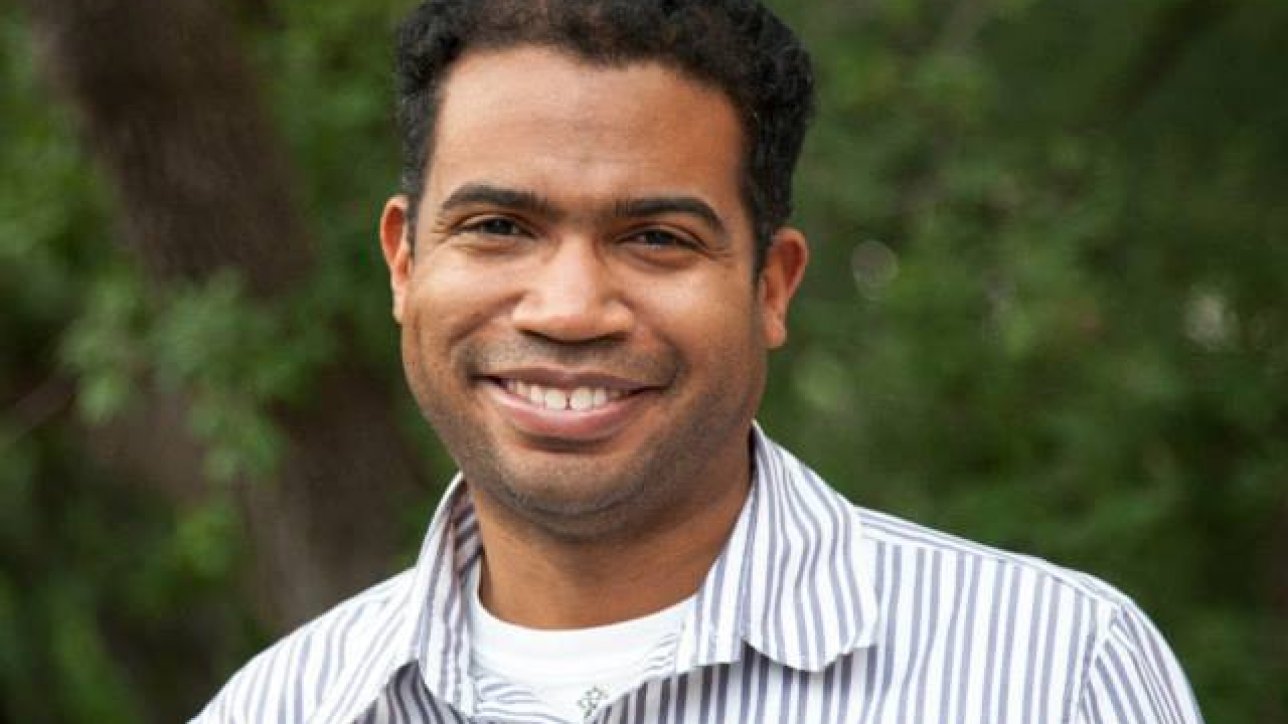by Carey H. Latimore IV
As a high schooler, my morning routine almost always involved throwing up.
The thought of speaking in class or doing projects crippled me. I could barely breath before taking a test or preparing for some type of examination. The bottom line was that I felt that I was not good enough. No matter the successes I had, I saw myself as a fraud.
Throwing up was my secret, my body’s way of responding to my emotions. I kept these feelings to myself. As I look back, I think these feelings– that I did not understand–embarrassed me.
I now recognize just how much I have struggled with imposter syndrome in my life. Psychologists Pauline R. Chance and Suzanne A. Imes explored this in women who feel their achievements were not deserved and earned many years ago. While they only focused on women, later studies have explored its impact on racial minorities and others. As a black man raised in the rural south, I was surrounded by people I now believe dealt with the same insecurities. Perhaps I should not be surprised by the degree imposter syndrome affects me as well.
Writing has often been a similar experience. It can literally make me sick. I know that I am not alone.
These feelings of inadequacy prevent us from the joys that come with writing. For us the exercise of writing can be painful and arduous as we sift through our insecurities word by word. We fear publication or even sharing our work with others because we worry that others will “confirm” our worst fears–that we are not good enough.
For those of us who fight this battle, the fear of not being good enough often brings up difficult memories such as a teacher’s negative comment that shamed or isolated us in the past. Perhaps we recall a time when someone close to us rejected our writing.
Sometimes I spend hours sitting at my computer interrogating and investigating every word, phrase and sentence. Did I use too much passive? Are my commas in the right place?
Are the words I use good enough?
Some writers may argue that these feelings are par for the course because the life of a writer is all about making ourselves vulnerable in order to investigate and ponder our stories in written form. Those of us who struggle with imposter syndrome, however, know our battle is a constant barrier to clear and precise writing. Our battle is not about rhythm, rhyme, or structure. The struggle is whether or not we trust ourselves and our abilities enough to articulate our stories.
And, if we ever write these stories, will we be confident enough to share them.
How to move forward:
- Whenever you feel inadequate or have doubts pray that God take the feeling away. I find comfort in the prophet Isaiah who says “do not fear, for I am with you; do not be dismayed, for I am your God. I will strengthen you and help you; I will uphold you with my righteous right hand.” (New International Version, Isaiah 41:10)
- Recognize the value of your story. To be created in God’s image means that our stories are worthy to be told. Remember that you are not a fraud or imposter. God does not show favoritism. (Acts 10:34) We are all welcome in his house.
- Change your perspective of writing from seeking perfection to an exercise to explore and address your feelings of insecurity. Use words and phrases as windows to your liberation.
You may ask how do I feel today? I am in a good place and I am confident enough to share these words with you. It’s still a struggle, however.
I know many of you will understand my personal struggle because you are dealing with it too. In these times it is important to remember there is a community of people who fight the same battle on their walk to sharing their stories. We need each other to navigate and move beyond the dark periods in our writing.
Carey Latimore is an associate professor of history at Trinity University who has a passion and love for God’s word. An ordained minister, Carey is excited about connecting his faith to his scholarly interests and community concerns. Among his many projects, he has worked with Urban Ministries (UMI) on their Vacation Bible School curriculum and wrote their Building a City on a Hill adult student book. His current project, “Stories of Faith and Inspiration: African Americans’ Journey to Canaan” will be published by Discovery House. Carey and his wife Almie reside in San Antonio, Texas and enjoy travelling and visiting his family in Virginia and her family in Samar, Philippines.

